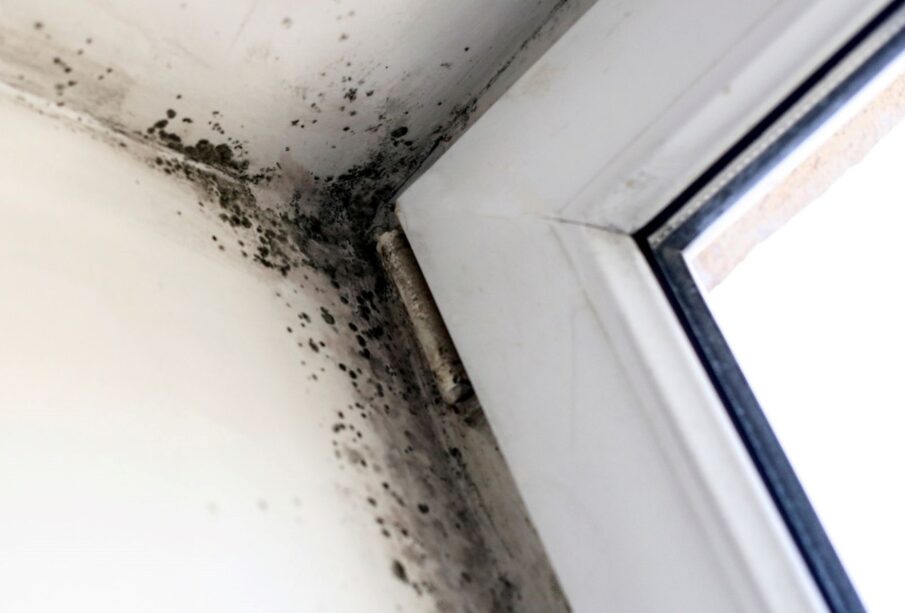Uncovering the Risks of Mold Exposure

Mold is everywhere in our environment, but too much mold exposure can harm your health. Most people do not realize how easily they inhale or ingest mold spores released into the air by mold growth inside homes and other buildings. In this article, we will discuss the dangers of mold exposure and what you can do to reduce your risk.
What Is Mold?
Mold is a type of fungus that grows on organic materials like wood, paper, carpet, and other items in damp conditions. It reproduces through the release of spores into the air, which can be inhaled or ingested. Some types of mold are toxic to humans, producing mycotoxins that can cause a wide range of health problems, including respiratory issues, allergies, asthma attacks, headaches, skin irritation, and more serious conditions such as cancer.
How Much Mold Exposure Is Too Much?
The amount of mold exposure that is considered dangerous depends on several factors, including the type and concentration of mold present as well as the length of time you are exposed to it. In general, the more mold present and the longer you stay in an environment with high levels of mold, the greater your risk of developing health issues.
The Health Risks Of Mold Exposure in Detail
- Respiratory Issues: Mold can cause inflammation and irritation of the lungs, leading to coughing, sneezing, difficulty breathing, and chest tightness.
- Allergy & Asthma Attacks: Mold spores can trigger allergic reactions and asthma attacks in sensitive individuals.
- Headaches & Fatigue: Prolonged exposure to mold may lead to headaches and extreme fatigue due to an overload of mycotoxins in the body.
- Skin Irritation: Some types of mold can cause skin rashes or other forms of irritation when it comes into contact with the skin.
- More Serious Conditions: In cases of prolonged or high-level exposure, more serious health issues such as cancer may occur.
How Can You Reduce Your Exposure To Mold?
The best way to reduce your exposure to mold is to prevent it from growing in the first place. This includes controlling moisture levels, cleaning surfaces affected by mold, increasing ventilation in damp areas, and removing organic materials that may be a source of food for mold. If you suspect that a home or building you are living in has a mold problem, then a professional from a reliable mold removal company in Atlanta can help identify the source of the issue and take any necessary steps to remediate it.
To Conclude
Mold exposure can lead to a range of health issues, including respiratory problems, allergies and asthma attacks, headaches, skin irritation, and even cancer. To reduce your risk, it is important to control moisture levels, clean surfaces affected by mold, and increase ventilation in damp areas. You can also seek help from professionals if you suspect a mold problem in your home or building.

















